Choosing a kitchen countertop material is difficult with so many possibilities such as stone tiles vs real natural stone available. The practicality and aesthetic appeal of the space rely on it for this specific application; thus, it must be done properly. Natural stones, such as granite or marble, have been used for this purpose for many years, but new options are becoming more and more popular because of their strength and cost. Porcelain tile is one such choice. Let’s contrast natural stone tiles vs natural stone to see which is the best option for kitchen countertop application. What Sets a Natural Stone Countertop Apart from a Porcelain Tile? If you are unable to choose between a natural stone or stone tile countertop? You may better comprehend the differences by using this tutorial. First: Production Process As the name implies, natural stones such as granite, marble, or slate are used to create countertops. They develop under the surface of the Earth as a result of millions of years of pressure and heat. The combination of minerals during stone production determines the kind of stone that resulted. For instance, molten magma solidifies underground to become granite. By combining extremely fine clay, finely milled sand, and feldspar, porcelain tiles are manufactured. The tile is then burned at a high temperature to further dry it out and make it hard and thick. Durability: The countertop in your kitchen must endure normal use.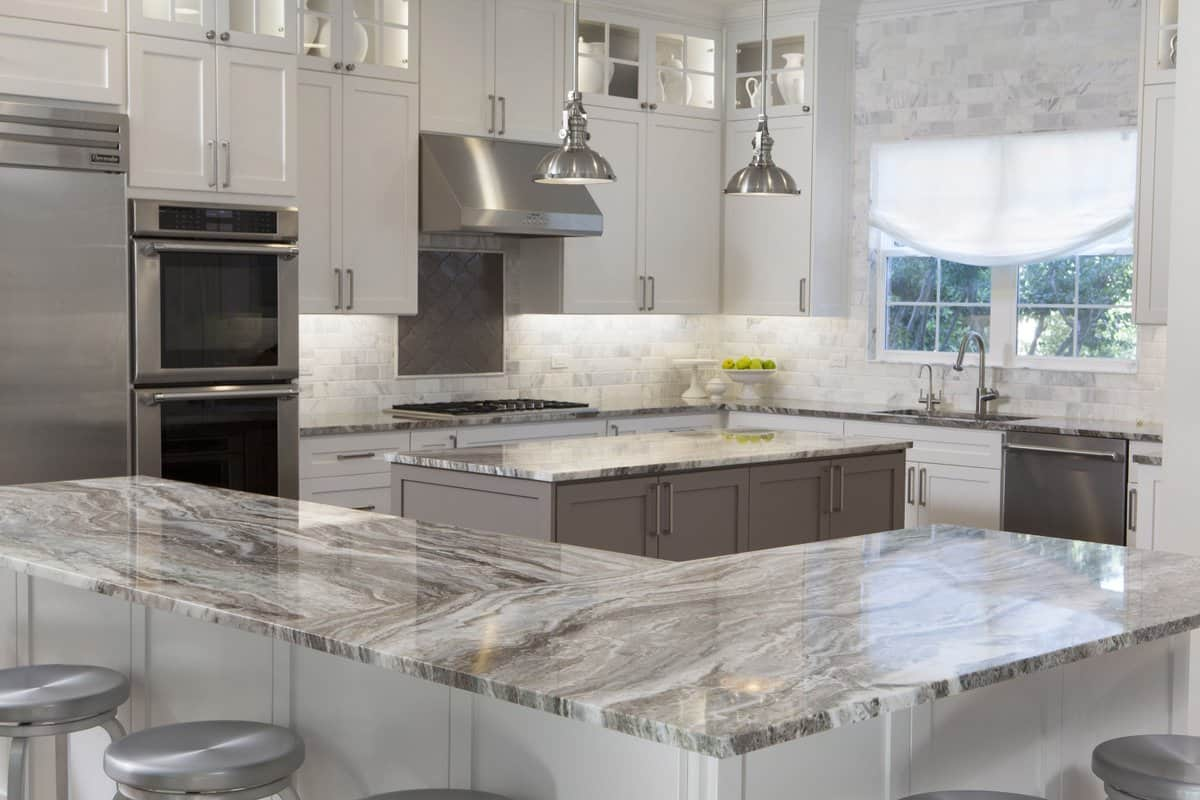 There is no definitive conclusion when comparing the durability of natural stones with porcelain tiles. This is so that natural stone’s durability might vary depending on the kind of material used. Slate and granite, for instance, are more durable than marble and granite. However, natural stones can contain undetected flaws in individual pieces that jeopardize their endurance. Porcelain tiles, on the other hand, are uniformly dense, have fewer air gaps, and are very resistant to wear and strain. Resistance to Moisture: Natural stones have flaws like holes, chipping, and weak places that make them porous and moisture-sensitive. Natural stones like granite need sealing when utilized as a countertop material because of this. In contrast, porcelain tiles are moisture-resistant due to the fact that they have fewer holes where moisture may enter. This indicates that they don’t need a sealant every year. They are a particularly popular option for bathroom and laundry floors because of their moisture resistance. Cost: When selecting a material for your kitchen countertop, the cost is a major factor. Stone tiles are less costly than genuine stone. This is due to the fact that porcelain tiles are made, but the genuine stone is scarce and cannot be produced in large quantities. Maintenance: An important selling point for countertops is their ease of upkeep. For instance, natural stone has to be well cleaned with specialized cleansers and a delicate cloth. Stone tiles, on the other hand, are fully unfriendly to germs and bacteria and are simple to maintain with a basic cleaning agent. Appearance: Natural stone is unmatched in warmth and has a beautiful look. The distinctive colors, veins, and patterns of each slab give natural stone countertops their individuality.
There is no definitive conclusion when comparing the durability of natural stones with porcelain tiles. This is so that natural stone’s durability might vary depending on the kind of material used. Slate and granite, for instance, are more durable than marble and granite. However, natural stones can contain undetected flaws in individual pieces that jeopardize their endurance. Porcelain tiles, on the other hand, are uniformly dense, have fewer air gaps, and are very resistant to wear and strain. Resistance to Moisture: Natural stones have flaws like holes, chipping, and weak places that make them porous and moisture-sensitive. Natural stones like granite need sealing when utilized as a countertop material because of this. In contrast, porcelain tiles are moisture-resistant due to the fact that they have fewer holes where moisture may enter. This indicates that they don’t need a sealant every year. They are a particularly popular option for bathroom and laundry floors because of their moisture resistance. Cost: When selecting a material for your kitchen countertop, the cost is a major factor. Stone tiles are less costly than genuine stone. This is due to the fact that porcelain tiles are made, but the genuine stone is scarce and cannot be produced in large quantities. Maintenance: An important selling point for countertops is their ease of upkeep. For instance, natural stone has to be well cleaned with specialized cleansers and a delicate cloth. Stone tiles, on the other hand, are fully unfriendly to germs and bacteria and are simple to maintain with a basic cleaning agent. Appearance: Natural stone is unmatched in warmth and has a beautiful look. The distinctive colors, veins, and patterns of each slab give natural stone countertops their individuality. 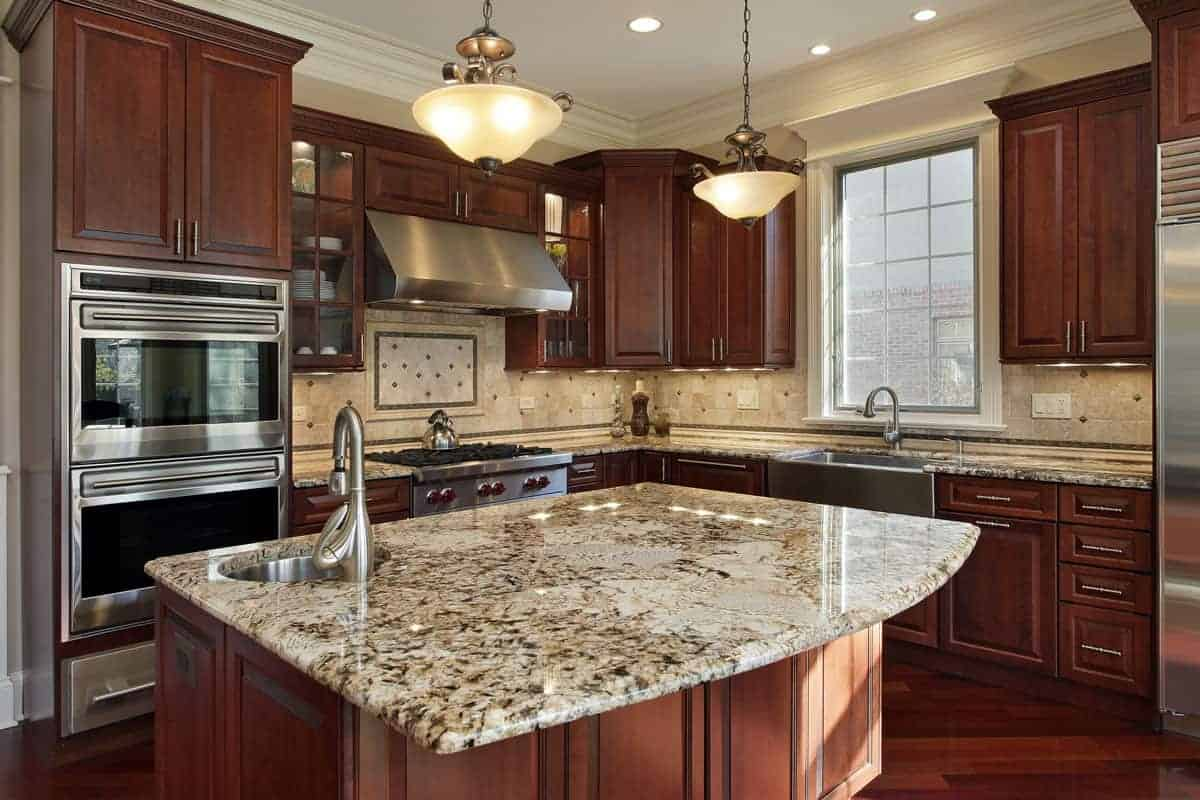 A natural stone countertop becomes the centerpiece of your kitchen and raises its aesthetic value thanks to its distinctive look. stone tiles are not distinctive, in contrast to granite, marble, and limestone. They feature repeated patterns yet are designed to resemble real stones. Installation: Natural stones are harder to install since they are heavier than porcelain tiles. Additionally, resealing a granite kitchen countertop is an additional expense that must be paid in order to prevent moisture damage and stains. In contrast, installing a stone tile countertop is quicker and simpler. Actually, a lot of homeowners prefer to do it themselves. Value Enhancement: Select a countertop material that raises the value of your house if you want to sell it. Customers choose genuine stone over stone tile because of its longevity and distinctive veins and textures. Both real stone and porcelain tiles are common countertop materials, each having advantages and disadvantages of its own. We hope that by comparing them, you can see how they vary from one another. Do you favor stone tiles’ longevity, simplicity of installation and maintenance, or moisture resistance over the warmth, character, and value of genuine stone? As a naturally occurring material, marble, granite, etc., is distinctive in every piece with a substantial variance in design. Since natural stones are mined from various places, there are also limitations on the color and pattern choices. Porcelain tiles are recommended if consistency is desired since, owing to technological innovation, the aesthetic of real stones is fully imitated in their surface and body, including the veining of marble, the pebbled finish of granite, and even other natural stones’ subtle nuances. Along with its technological qualities, this also exists. Although porcelain tile may not increase a home’s value as much as actual stone does, it is still a lovely alternative, and many tile hues closely resemble natural stone so it is difficult to tell the difference. Compared to vinyl or laminate, choosing tile flooring in kitchens is a wise, durable, and low-maintenance alternative. The annual sealing is necessary for natural stone, including slate flooring. It is prone to absorbing water without sealing, which causes discoloration and other damage.
A natural stone countertop becomes the centerpiece of your kitchen and raises its aesthetic value thanks to its distinctive look. stone tiles are not distinctive, in contrast to granite, marble, and limestone. They feature repeated patterns yet are designed to resemble real stones. Installation: Natural stones are harder to install since they are heavier than porcelain tiles. Additionally, resealing a granite kitchen countertop is an additional expense that must be paid in order to prevent moisture damage and stains. In contrast, installing a stone tile countertop is quicker and simpler. Actually, a lot of homeowners prefer to do it themselves. Value Enhancement: Select a countertop material that raises the value of your house if you want to sell it. Customers choose genuine stone over stone tile because of its longevity and distinctive veins and textures. Both real stone and porcelain tiles are common countertop materials, each having advantages and disadvantages of its own. We hope that by comparing them, you can see how they vary from one another. Do you favor stone tiles’ longevity, simplicity of installation and maintenance, or moisture resistance over the warmth, character, and value of genuine stone? As a naturally occurring material, marble, granite, etc., is distinctive in every piece with a substantial variance in design. Since natural stones are mined from various places, there are also limitations on the color and pattern choices. Porcelain tiles are recommended if consistency is desired since, owing to technological innovation, the aesthetic of real stones is fully imitated in their surface and body, including the veining of marble, the pebbled finish of granite, and even other natural stones’ subtle nuances. Along with its technological qualities, this also exists. Although porcelain tile may not increase a home’s value as much as actual stone does, it is still a lovely alternative, and many tile hues closely resemble natural stone so it is difficult to tell the difference. Compared to vinyl or laminate, choosing tile flooring in kitchens is a wise, durable, and low-maintenance alternative. The annual sealing is necessary for natural stone, including slate flooring. It is prone to absorbing water without sealing, which causes discoloration and other damage.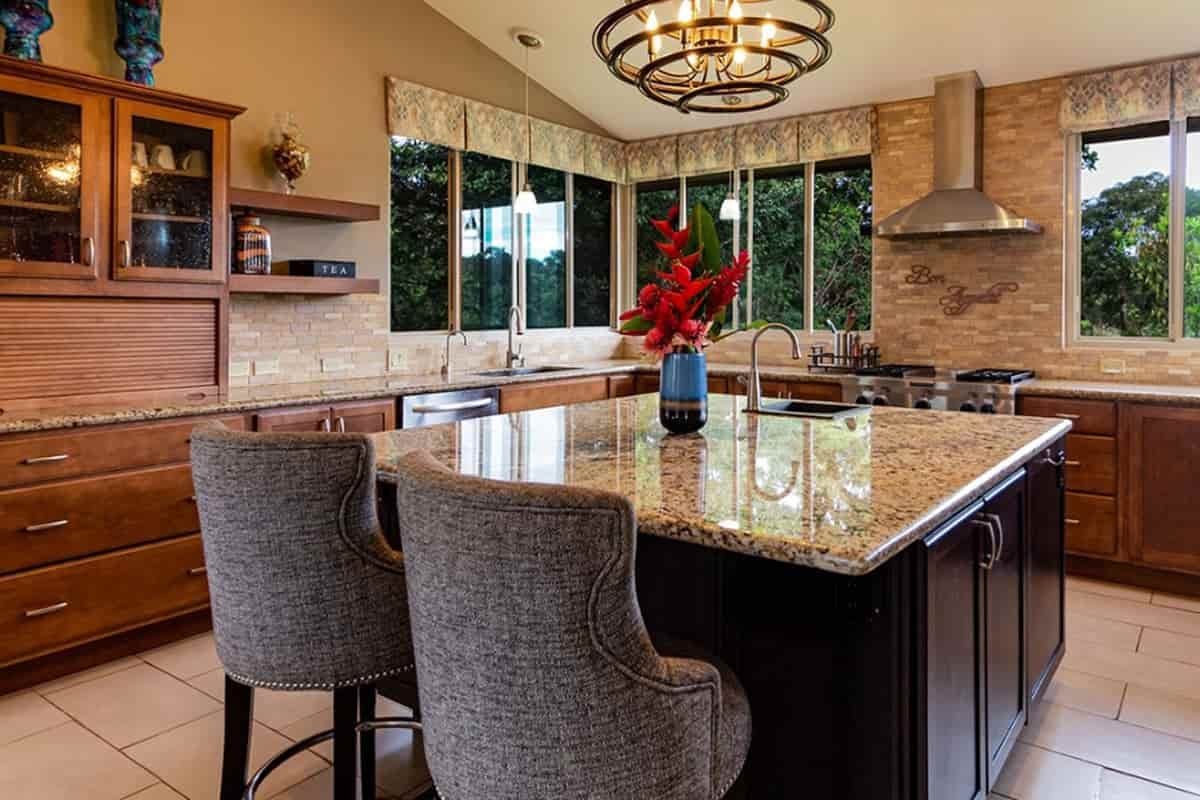 Although it’s an additional step you’ll need to arrange, sealing takes just a short amount of time less than an hour after complete cleaning, and is sometimes simpler than homeowners originally believe. It’s challenging to replicate the magnificent beauty of genuine stone with manufactured tile. However, contemporary stone tile gets very near because of inkjet printing technology. It may be difficult to distinguish between porcelain and genuine stone, even in side-by-side comparisons. However, stone flooring has an inherent sense of real richness that cannot be fully imitated. The decision between the two widely used flooring materials is more difficult than ever thanks to today’s porcelain tile imitations of genuine stone. Consideration should be given to your objectives, lifestyle, and financial situation while making a choice.
Although it’s an additional step you’ll need to arrange, sealing takes just a short amount of time less than an hour after complete cleaning, and is sometimes simpler than homeowners originally believe. It’s challenging to replicate the magnificent beauty of genuine stone with manufactured tile. However, contemporary stone tile gets very near because of inkjet printing technology. It may be difficult to distinguish between porcelain and genuine stone, even in side-by-side comparisons. However, stone flooring has an inherent sense of real richness that cannot be fully imitated. The decision between the two widely used flooring materials is more difficult than ever thanks to today’s porcelain tile imitations of genuine stone. Consideration should be given to your objectives, lifestyle, and financial situation while making a choice.
- Kitchen natural stone tiles
You need to strike the ideal balance between functionality and aesthetics when selecting the best tiles for the kitchen project, natural stone tiles are considered as one of the best options. This is why natural stone tiles are a preferred option because they have a variety of exceptional practical qualities that satisfy all requirements: Durability: Because natural stone tile is so durable, flooring and masonry can last for hundreds of years with little upkeep. Because of its hardness, it can withstand normal wear and tear even in high-traffic areas like the living and dining room. Water resistance: Because natural stones like marble as well as slate are so dense and don’t absorb much water, they are frequently used in bathrooms and kitchens. Softer options like travertine are slightly more porous, but they can still offer strong, water-repelling qualities when sealed so natural stone tile that has both beauty aspects of stone and durability of tiles makes it a notable option. Versatility: You can add rustic charm to any area of the kitchen, including the outside, by using the selection of natural stone walls and floor tiles. 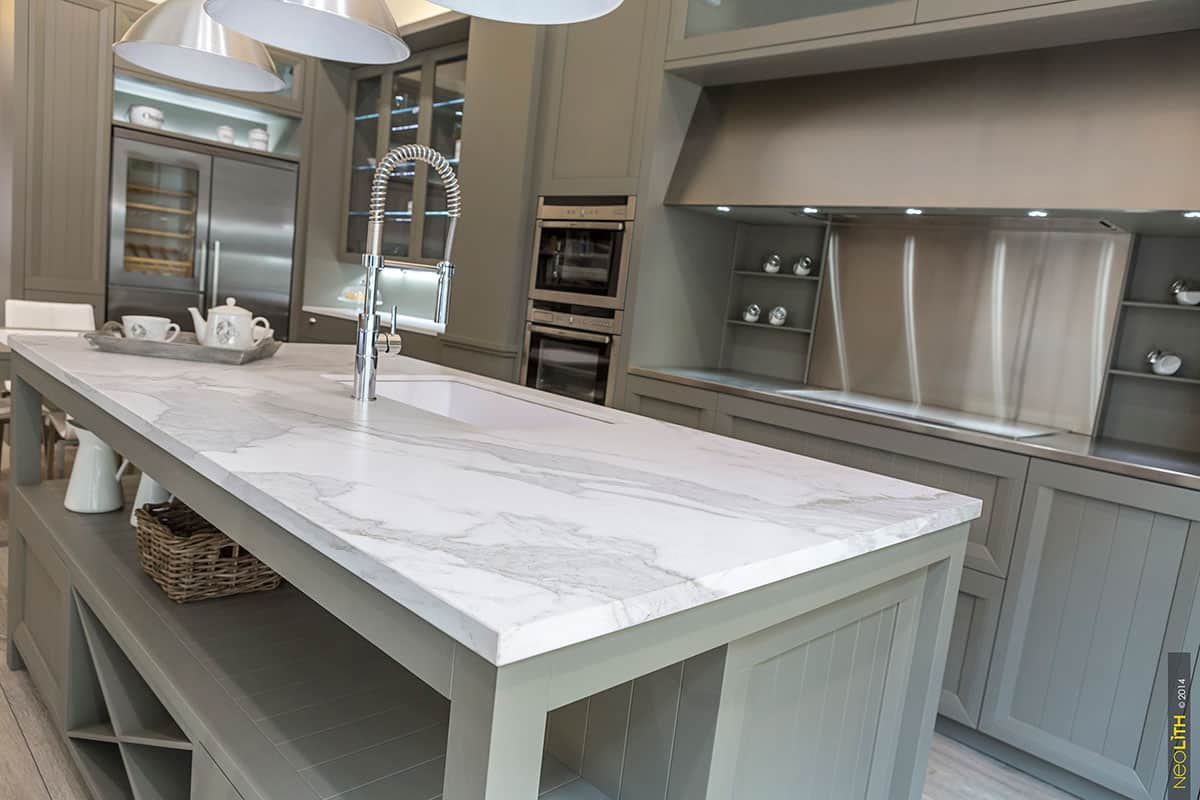 Natural stones like slate and marble are ideal for withstanding the elements and drastic temperature changes because they have all the practical qualities required for hard, waterproof, and robust indoor tiles. Sustainability: Stone tiles are a great option for eco-friendly, self-sustaining interior design because of their durability and natural composition. They also provide a timeless aesthetic that won’t need to be replaced any time soon. Natural stone has grown to be a highly desired feature that can increase the value of a property, making it a wise investment. Natural stone floor tiles can even be used with underfloor heating to create cozy, warm living spaces because they conduct heat well. Although this may require a larger initial investment, this sustainable solution ensures that you’ll benefit for decades to come with significantly lower utility bills. Selections of natural stone tiles: In order to find a diverse selection of natural stone floor and wall tiles to fits all tastes and budgets, Tiles-Direct searched high and low. We know that designing the home is a very personal experience. No matter what stone you pick, natural stone tiles are the ideal finishing touch for floors and walls, giving them a stunning and textured feel. Among the most well-liked choices is Travertine: the travertine collection offers a wide variety of natural stone kitchen tiles that, owing to their neutral tones, fit well in with rustic kitchens. Travertine tiles are readily available in a variety of sizes to fit walls and are certain to provide stunning splashbacks and more. Slate: Perfect for country-style decor, the slate tiles are available in a variety of colors and textures to give any area a raw, natural feel. Natural stone brick tiles are a great choice for creating a tough industrial impression on kitchen walls and other spaces. Additionally, they create the ideal external cladding, providing you with that brick stone look to safeguard the surface underneath. Pillow stone: Constructed from synthetic stone, our Pillow stone tiles provide a stylish, modern appearance thanks to their 3D profile and textured surface in a range of colors and they are proper for kitchen walls.
Natural stones like slate and marble are ideal for withstanding the elements and drastic temperature changes because they have all the practical qualities required for hard, waterproof, and robust indoor tiles. Sustainability: Stone tiles are a great option for eco-friendly, self-sustaining interior design because of their durability and natural composition. They also provide a timeless aesthetic that won’t need to be replaced any time soon. Natural stone has grown to be a highly desired feature that can increase the value of a property, making it a wise investment. Natural stone floor tiles can even be used with underfloor heating to create cozy, warm living spaces because they conduct heat well. Although this may require a larger initial investment, this sustainable solution ensures that you’ll benefit for decades to come with significantly lower utility bills. Selections of natural stone tiles: In order to find a diverse selection of natural stone floor and wall tiles to fits all tastes and budgets, Tiles-Direct searched high and low. We know that designing the home is a very personal experience. No matter what stone you pick, natural stone tiles are the ideal finishing touch for floors and walls, giving them a stunning and textured feel. Among the most well-liked choices is Travertine: the travertine collection offers a wide variety of natural stone kitchen tiles that, owing to their neutral tones, fit well in with rustic kitchens. Travertine tiles are readily available in a variety of sizes to fit walls and are certain to provide stunning splashbacks and more. Slate: Perfect for country-style decor, the slate tiles are available in a variety of colors and textures to give any area a raw, natural feel. Natural stone brick tiles are a great choice for creating a tough industrial impression on kitchen walls and other spaces. Additionally, they create the ideal external cladding, providing you with that brick stone look to safeguard the surface underneath. Pillow stone: Constructed from synthetic stone, our Pillow stone tiles provide a stylish, modern appearance thanks to their 3D profile and textured surface in a range of colors and they are proper for kitchen walls. 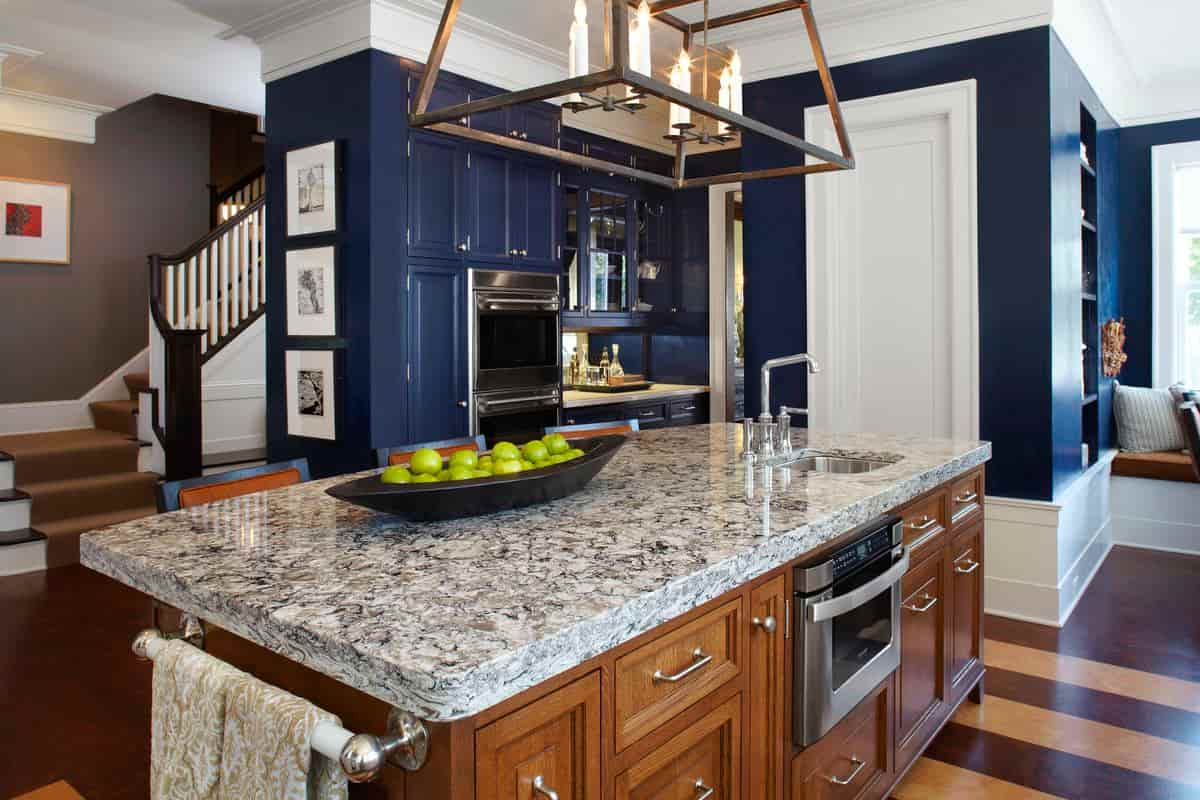 the stone tile treatments are natural. It’s crucial to make a sensible choice when it comes to the finish of your natural stone tiles since it may have a significant impact on the maintenance and overall appearance and feel of a room. We provide a number of finishes in the selection of natural stone tiles to make it easier for you to discover precisely what you want: 3D: Add depth and texture to walls with tiles with 3D designs that have a matte finish. These tiles look great on feature walls in the modern kitchen. Matt: Matt natural stone floor tiles are a great option for busy areas of the home because they are both functional and fashionable. They help give the longevity of your interior without sacrificing the aesthetic of the kitchen wall. Polished: Use polished natural stone wall tiles in kitchen walls, and other areas to take advantage of light reflection and create a traditional, upscale interior design. Textured: There are various textured possibilities to achieve your ideal décor style, from adding grip to your interiors to bringing soft, sensual finishes. Split face: Featuring a variety of stone mosaics, our split face natural stone wall tiles provide lovely, ornamental accents to any space. However, we don’t advise using them in showers or other very damp places like kitchen walls. Brick: This tile surface, which has the appearance of actual brick, may quickly give a contemporary kitchen wall decor a raw, industrial feel. The hues of the natural stone tiles: Natural stone’s neutral tones make it simple to create a classic rural kitchen or a modern industrial look.
the stone tile treatments are natural. It’s crucial to make a sensible choice when it comes to the finish of your natural stone tiles since it may have a significant impact on the maintenance and overall appearance and feel of a room. We provide a number of finishes in the selection of natural stone tiles to make it easier for you to discover precisely what you want: 3D: Add depth and texture to walls with tiles with 3D designs that have a matte finish. These tiles look great on feature walls in the modern kitchen. Matt: Matt natural stone floor tiles are a great option for busy areas of the home because they are both functional and fashionable. They help give the longevity of your interior without sacrificing the aesthetic of the kitchen wall. Polished: Use polished natural stone wall tiles in kitchen walls, and other areas to take advantage of light reflection and create a traditional, upscale interior design. Textured: There are various textured possibilities to achieve your ideal décor style, from adding grip to your interiors to bringing soft, sensual finishes. Split face: Featuring a variety of stone mosaics, our split face natural stone wall tiles provide lovely, ornamental accents to any space. However, we don’t advise using them in showers or other very damp places like kitchen walls. Brick: This tile surface, which has the appearance of actual brick, may quickly give a contemporary kitchen wall decor a raw, industrial feel. The hues of the natural stone tiles: Natural stone’s neutral tones make it simple to create a classic rural kitchen or a modern industrial look. 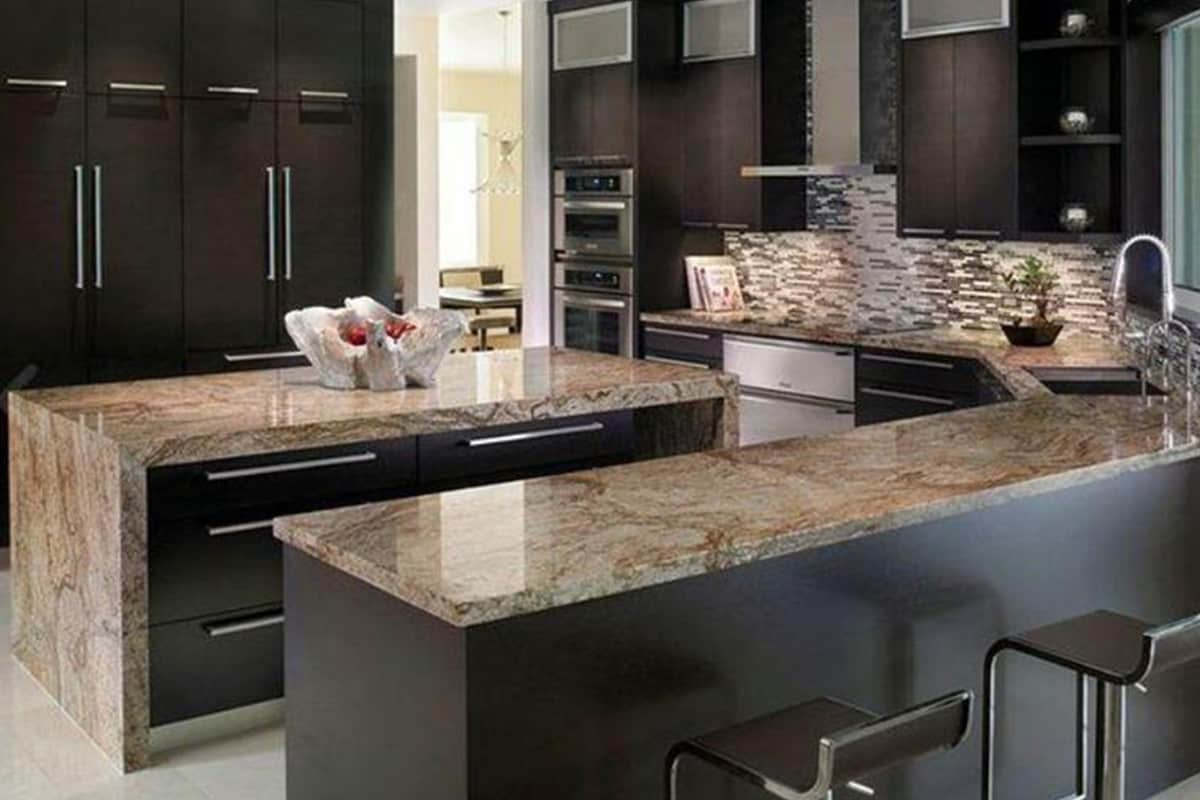 Natural stone tile design concepts, the natural stone tile selections might be the ideal choice if you want to offer your home décor exceptional beauty, toughness, and functionality. You won’t have any trouble coming up with ideas for how to utilize these tiles within your own projects for interior design as they are offered in a wide variety of materials, colors, and finishes. But just in case, here are some suggestions to spark your imagination: Also, a kitchen with a traditional design with marble natural stone wall tiles. You may add a sense of luxury to your everyday life by combining dark wood flourishes with brass finishes, curved accents, and other luxurious elements of the kitchen wall. The kitchen: Slate natural stone wall tiles in a useful dark grey tint that complements a broad variety of color palettes will add texture and classic flair to your kitchen. The kitchen: Slate split face wall tiles, which look great on chimney breast walls and beyond, are a great way to add texture and a variety of tones to rustic living spaces.
Natural stone tile design concepts, the natural stone tile selections might be the ideal choice if you want to offer your home décor exceptional beauty, toughness, and functionality. You won’t have any trouble coming up with ideas for how to utilize these tiles within your own projects for interior design as they are offered in a wide variety of materials, colors, and finishes. But just in case, here are some suggestions to spark your imagination: Also, a kitchen with a traditional design with marble natural stone wall tiles. You may add a sense of luxury to your everyday life by combining dark wood flourishes with brass finishes, curved accents, and other luxurious elements of the kitchen wall. The kitchen: Slate natural stone wall tiles in a useful dark grey tint that complements a broad variety of color palettes will add texture and classic flair to your kitchen. The kitchen: Slate split face wall tiles, which look great on chimney breast walls and beyond, are a great way to add texture and a variety of tones to rustic living spaces.

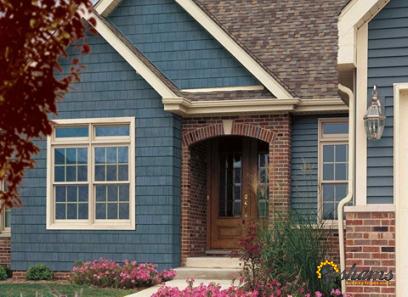
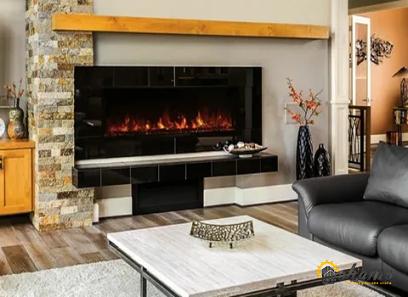
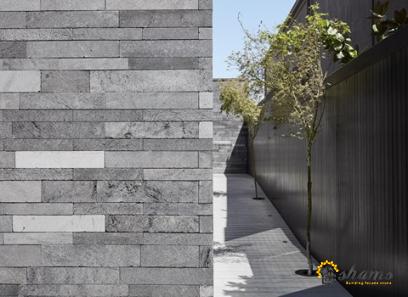
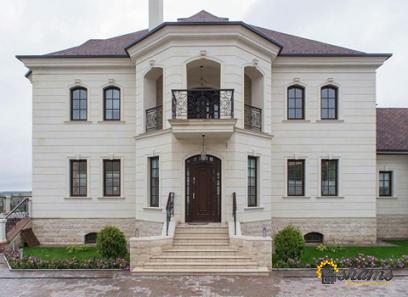
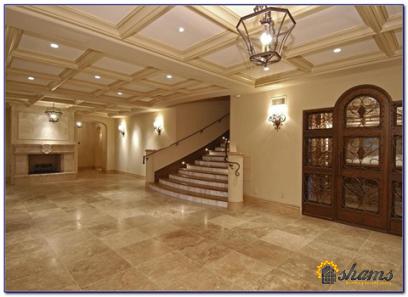

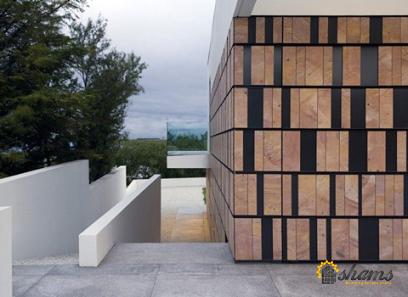

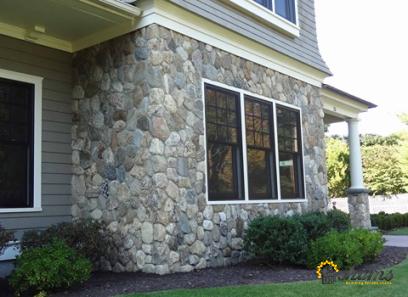

Your comment submitted.